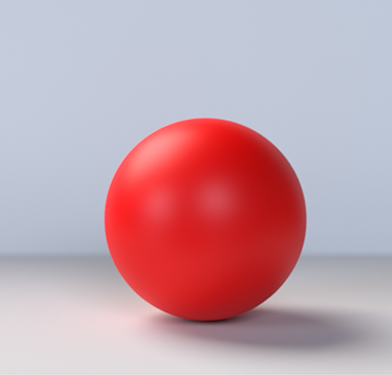FAQ - Microball answers all your questions:
How does a ball valve work?
A ball valve controls the flow of liquids or gases using a rotating ball
that opens or closes the flow channel. By rotating the ball 90 degrees,
it is either aligned to allow the medium to pass freely or positioned
to seal the valve seat completely. In check valves, the ball prevents
backflow by allowing flow in only one direction. Additionally, ball valves
are used as safety valves to regulate pressure in systems and prevent
exceeding critical limits.
Where are ball valves used?
Ball valves are used in a wide range of applications — from complex
technical systems such as pneumatic and hydraulic setups to
everyday household appliances. They are found in pressure
cookers, coffee machines, engines, and pumps, as well as in factory
automation. Additionally, ball valves are important components in
food processing, water venting, and medical devices like ventilators.
Valve Balls
Precise Control for Demanding Systems
Valve balls play a central role in numerous technical applications —
they reliably regulate or interrupt the flow of liquids and gases. Whether in
hydraulic systems, medical technology, engine construction, or pressure
systems, the ball functions as a precise shut-off element that seals the
valve seat tightly, ensuring reliable operation.
In addition to solid balls, drilled balls are also used in many valve systems.
These allow targeted control functions or defined flow rates, depending
on the system’s requirements. High durability and functional safety depend on dimensional accuracy, wear resistance, and corrosion resistance.
microball GmbH offers valve balls made from various materials —
including stainless steel, ceramic, plastic, and special materials —
tailored to the specific medium, pressure, and temperature requirements.
Choosing the right material is crucial for the valve’s performance and longevity. We are happy to assist you in selecting the appropriate valve ball for your application.
Glass Valve Balls
Glass balls offer excellent chemical resistance and are ideal
shut-off elements in ball valves where high resistance to
aggressive media is required. They impress with their stability
in both acidic and alkaline environments, ensuring reliable operation even under extreme conditions.
Plastic Valve Balls

Plastic balls are lightweight, durable, and electrically insulating — qualities that make them ideal shut-off elements in ball valves, especially when handling aggressive media. They stand out due to their low weight and are neither electrically conductive nor magnetic. At the same time, they offer good resistance to
many chemicals.
Stainless Steel Valve Balls
Stainless steel balls provide reliable sealing performance even
in demanding media and are ideal as shut-off elements in ball
valves — especially where high requirements for corrosion
resistance and hygiene exist. They resist water, steam, and
numerous aggressive chemicals while maintaining shape
stability and wear resistance.
Submit Request
Request Now
If you have any questions or can't find the
right material, feel free to contact us –
as a provider of grinding balls, we will find the ideal solution together.
Contact
Do you have questions about our products, features, or would you like an initial consultation without any obligation?
Feel free to contact us!